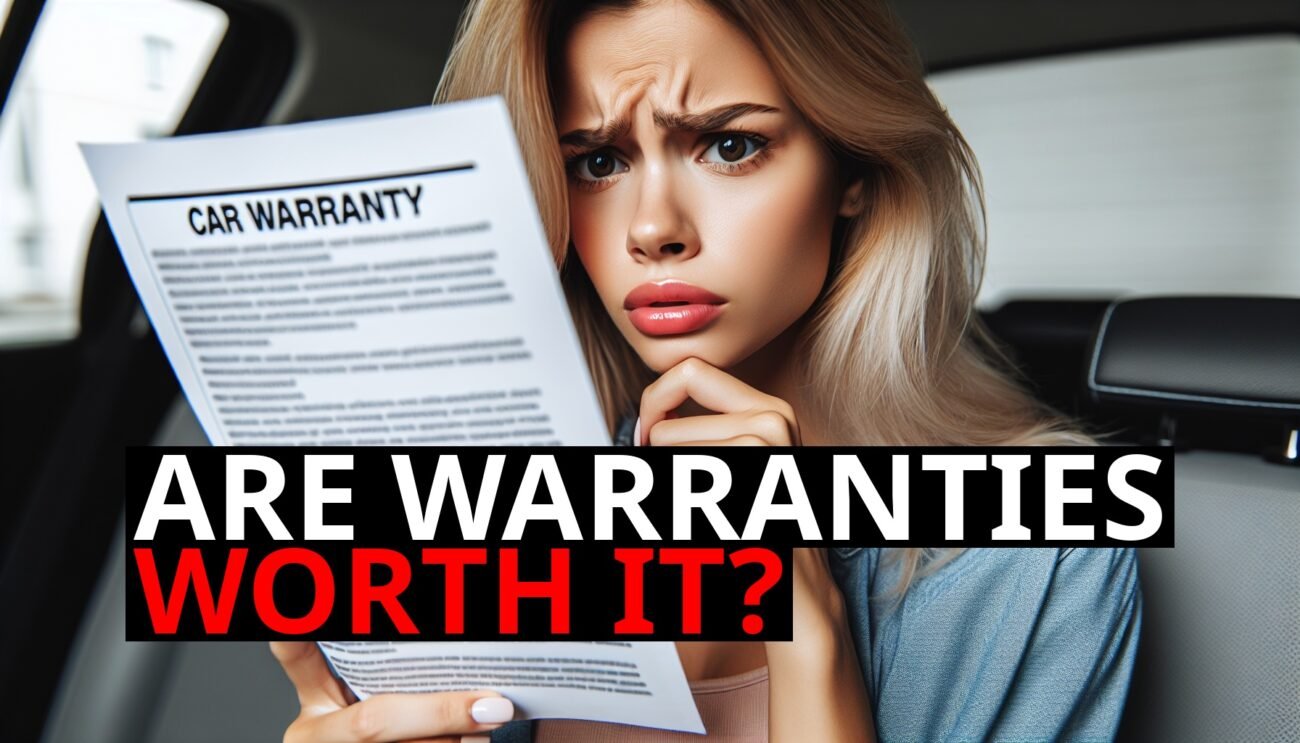You’ve heard it before: “Would you like to add an extended warranty to your purchase?” It’s a common question, but it’s also one wrapped in a lot of misconceptions. Extended warranties are often pitched as essential protections, but are they really as valuable as they seem? Let’s debunk the top five myths about extended warranties so you can make a more informed decision the next time you’re at the checkout.
Myth 1: Extended Warranties Cover Everything
One of the biggest misconceptions about extended warranties is that they cover any and all problems that might arise with your product. In reality, most extended warranties come with a long list of exclusions and limitations. Common exclusions include:
– Wear and Tear: Regular wear and tear isn’t typically covered, meaning if your product simply wears out from normal use, you might be out of luck
(Credence”>Source“>Source Research).
– Accidental Damage: Unless you specifically purchase an accidental damage plan, most extended warranties won’t cover drops, spills, or other accidents
(BlueWeave”>Source“>Source Consulting).
– Environmental Damage: Issues caused by environmental factors, such as water or fire, are often not covered, leaving you unprotected in these scenarios.
Understanding what is and isn’t covered is crucial before purchasing an extended warranty. Always read the fine print to avoid surprises later on.
Myth 2: Extended Warranties Are A Must For Expensive Items
It’s easy to assume that the more expensive the item, the more you need an extended warranty. However, the cost of an item doesn’t necessarily correlate with the likelihood that it will need repairs. Many high-end products come with excellent manufacturer warranties that cover defects and issues for the first few years, making an extended warranty redundant.
Additionally, high-quality products are often built to last, reducing the chance of breakdowns. Instead of automatically buying a warranty because the item is expensive, consider the product’s reliability and the coverage already provided by the manufacturer (BlueWeave”>Source“>Source Consulting).
Myth 3: Extended Warranties Save You Money In The Long Run
This myth is one of the most pervasive. The idea is that paying a little extra now for an extended warranty will save you from large repair bills in the future. But statistically, most people never use the extended warranties they purchase. When they do, the cost of repairs is often less than the price paid for the warranty.
In fact, extended warranties typically have low payout ratios, meaning that for every dollar spent on the warranty, only a fraction is returned to consumers in claims. This means that the warranty provider, not the consumer, is the one saving money in the long run (Credence”>Source“>Source Research) (BlueWeave”>Source“>Source Consulting).
Myth 4: You Need To Decide On The Spot
Many salespeople will pressure you to buy an extended warranty at the time of purchase, claiming it’s a “limited-time offer” or that you won’t be able to add it later. This isn’t usually true. In many cases, you can purchase an extended warranty later, either from the retailer or directly from the manufacturer.
Taking the time to research your options and decide later can prevent impulse decisions and ensure you’re only buying coverage if you really need it. Don’t let the pressure of the moment force you into a decision (BlueWeave”>Source“>Source Consulting).
Myth 5: Extended Warranties Are A Sign Of Good Customer Service
While it might seem like offering an extended warranty is a sign that a company cares about its customers, it’s more accurate to say that warranties are a revenue stream for retailers. Extended warranties are often highly profitable for sellers, with high margins and low payouts.
Good customer service is better demonstrated by how a company handles issues that arise under the manufacturer’s warranty—not by selling you extra coverage that you might not need. Look for companies that stand by their products without needing to upsell you on additional protection (Credence”>Source“>Source Research).
The Bottom Line: Should You Buy An Extended Warranty?
Extended warranties can offer peace of mind, but they’re not always the best financial decision. By understanding these myths and the reality behind them, you can make a more informed choice that’s right for you. Before purchasing an extended warranty, consider the product’s reliability, the coverage already included, and whether the extra cost truly adds value. In many cases, the best protection for your wallet is simply to skip the extended warranty and trust in the quality of your purchase.













